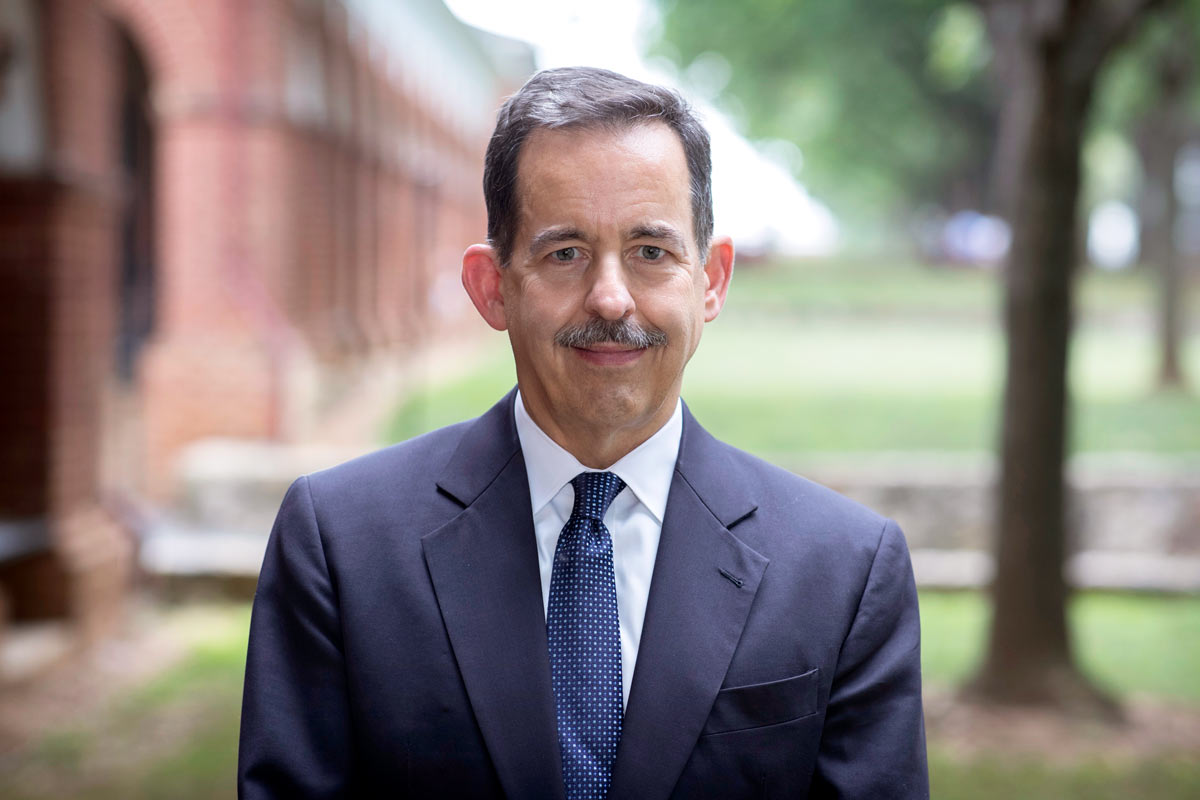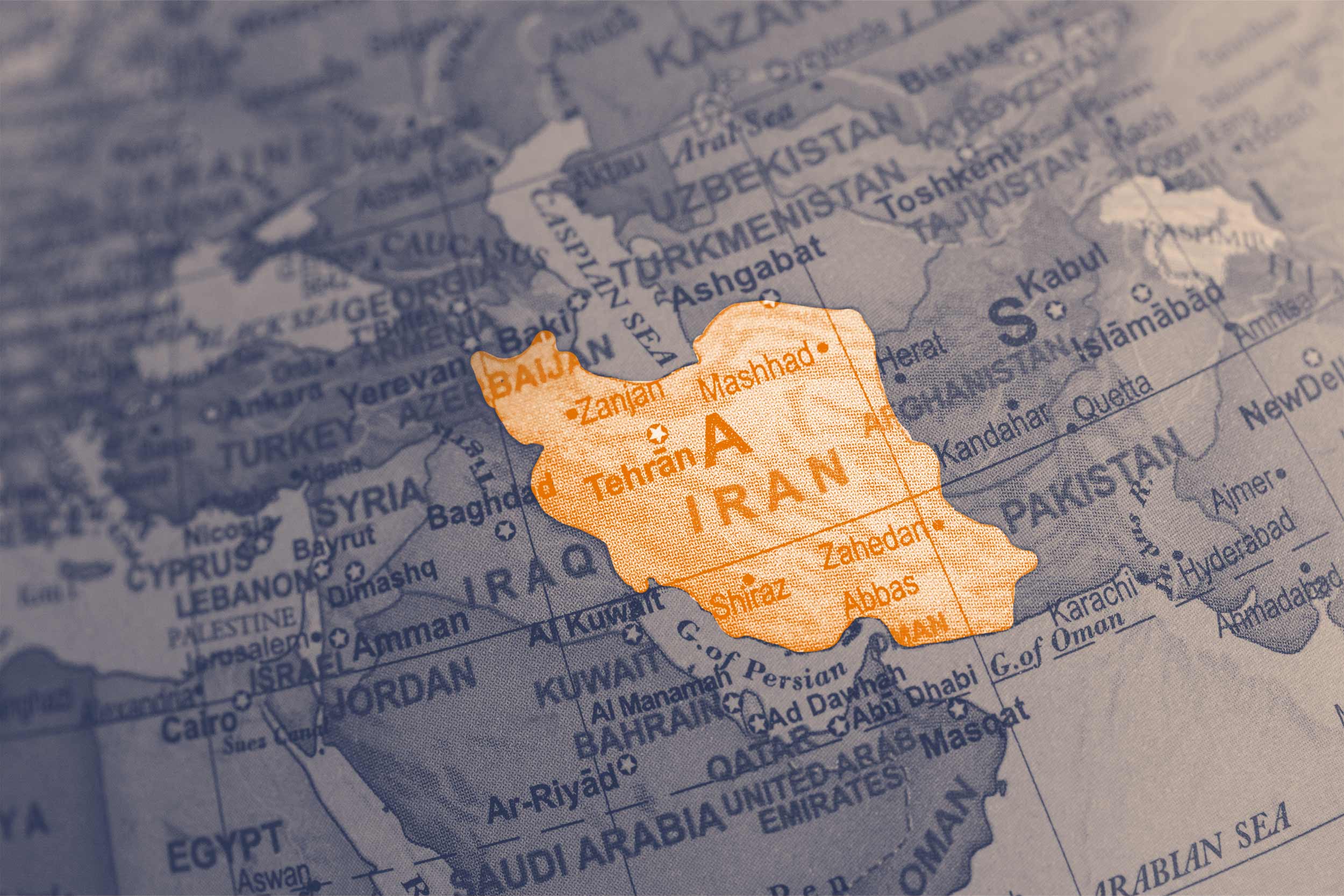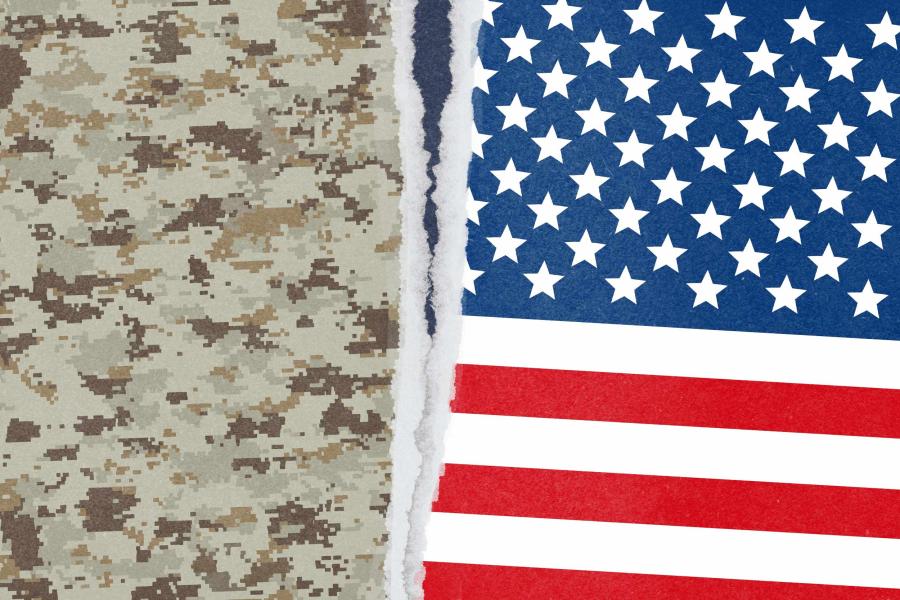During the past weekend, the United States bombed Iranian facilities believed to be used to enrich uranium for nuclear weapons. While it is too early to know if Operation Midnight Hammer destroyed Iran’s nuclear capabilities, Stephen Mull suspects the program survives.
“The Iranian nuclear program has certainly suffered a setback in terms of its enrichment capabilities,” he said. “But you can’t bomb an idea. You can’t bomb the expertise that Iranians have developed on mastering the nuclear fuel cycle.”

Stephen Mull is UVA's vice provost for global affairs, and served as the U.S. government’s senior director for implementation of the Iranian nuclear deal from 2015 to 2017. (Contributed photo)
Mull, now vice provost for global affairs at the University of Virginia, served as the U.S. government’s senior director for implementation of the Iranian nuclear deal from 2015 to 2017, working with Iranian officials and other international partners.
Mull said Iran had about 400 kilograms of uranium enriched to 60% – just short of the 90% needed to create a nuclear weapon. He said the U.S. attack did not take the Iranians by surprise.
“Indications are that Iran was preparing for these places to be attacked,” Mull said. “There were reports of Iran moving material away from the three sites that (U.S. President Donald) Trump ultimately attacked.”
Mull thinks renewing diplomatic negotiations with Iran over its nuclear program could result in ensuring international inspectors’ access to its stockpile of enriched uranium, which would help prevent its diversion to a covert nuclear weapons program. “Continued military escalation without diplomatic engagement could ironically strengthen voices inside Iran who argue for moving swiftly to build a nuclear weapon as a means of deterring Iran’s adversaries,” he said.
Mull said the Iranians’ retaliatory missile attacks on a U.S. base in Qatar, which the U.S. said resulted in no casualties and little damage, were a measured response because the Iranians do not want to escalate the situation.
“The Iranians warned Qatar of the attack, which enabled Qatar to engage its air defenses and shoot down all but one of the missiles,” Mull said. “The Iranian government is in an awkward position. It feels obligated to demonstrate to its people it will defend against U.S. attacks, but needs to do so without provoking a U.S. counterattack.”










